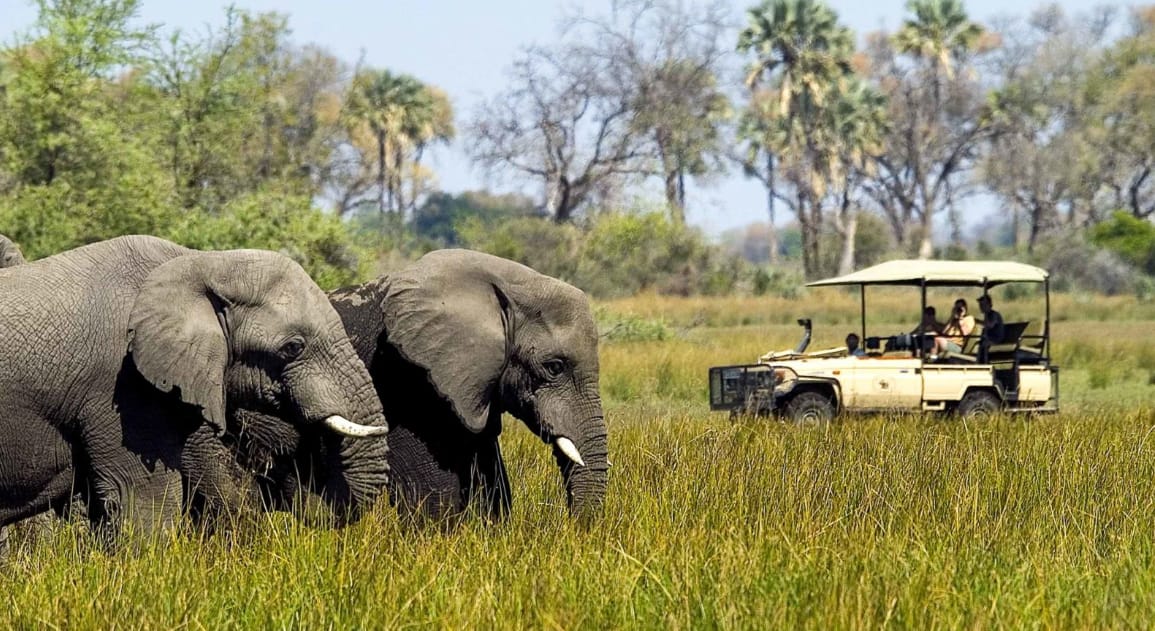
Embarking on an African safari vacation is a dream for many, offering a unique opportunity to connect with nature and witness some of the most majestic wildlife on the planet. However, planning such a trip can be daunting, especially for first-time travellers. This guide will walk you through the essential steps to ensure your safari experience is unforgettable.
Choosing Your Destination
Africa is vast, with numerous countries offering incredible safari experiences. Popular destinations include Kenya, Tanzania, South Africa, Botswana, and Namibia. Each country offers a unique landscape and wildlife. Kenya’s Maasai Mara is famed for the Great Migration, while Tanzania’s Serengeti is equally breathtaking. South Africa’s Kruger National Park is a favourite for first-time visitors due to its accessibility and variety of accommodations.
Best Time to Visit
Timing is crucial when planning an African safari vacation. The best time to visit depends on what you want to see. For instance, the Great Migration typically occurs between July and October in the Maasai Mara, offering a spectacle of millions of wildebeest and zebras crossing the Mara River. If you’re keen on seeing newborn animals, January to March is ideal in the Serengeti. However, the dry season (June to October) is generally the best time for wildlife viewing across most African safari destinations, as animals gather around water sources.
Booking Your Safari
When booking your safari, you’ll need to decide between guided and self-drive options. Guided safaris are recommended for first-time visitors as they provide expert knowledge of the wildlife and terrain. Many tour operators offer African safari tours tailored to different interests, from luxury to adventure-focused experiences. It’s essential to research thoroughly and choose a reputable operator to ensure a safe and enjoyable trip.
What to Pack
Packing for an African safari requires careful consideration. Lightweight, neutral-coloured clothing is essential, as bright colours can attract insects and disturb wildlife. A good pair of binoculars is crucial for spotting animals from a distance. Don’t forget sun protection—hats, sunglasses, and high-SPF sunscreen are a must.
Health and Safety
Health precautions are vital when travelling to Africa. Vaccinations such as yellow fever and malaria prophylaxis may be required depending on your destination. It’s also wise to carry a basic first aid kit and any personal medications. Travel insurance is a must, covering medical emergencies and evacuation if necessary.
Planning an African safari vacation can be an exhilarating process, filled with anticipation and excitement. With the right preparation, you’ll be well on your way to the adventure of a lifetime, experiencing the raw beauty and diversity of Africa’s wildlife.
